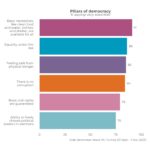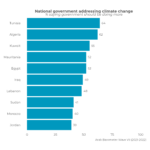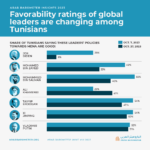Our knowledge of social and political trust’s drivers in the MENA region is limited and there are good reasons to expect that Western-based theories cannot be copied to the MENA one-to-one. Arguing for a broader and at the same time context-sensitive comparative approach, I translate the ‘societal winners’, social capital, and religious beliefs mechanisms explaining trust to the MENA context. Moreover, I acknowledge the region’s diversity and hypothesize intra-region context-dependency. Empirically, I synchronize 47 surveys from 15 MENA countries, which provides the broadest and most systematic assessment of trust in the MENA to date. The results show that the societal-winner mechanism does not hold: employed and wealthier citizens are not more trusting, politically or socially. However, higher-educated citizens distrust political institutions and other citizens more, particularly in the strongest autocracies. Religiosity seems pivotal too. Among others, service-attending citizens are more trusting, but not in religiously fractionalized countries. In sum, this study provides new insight into what shapes social and political trust in the Middle East and North Africa and it underscores that at a comparative level we need to consider inter-regional and intra-regional forms of context-dependency were we to formulate a broadly applicable theoretical framework of trust’s drivers.
Topics
- Charity2
- Corruption103
- COVID-1969
- Democracy24
- Discrimination12
- Economy215
- Education47
- Environment25
- Extremism19
- Freedoms41
- Gender Issues141
- Governance241
- Health40
- International Relations169
- Labor Market31
- Media30
- Migration54
- Political Institutions203
- Political Participation31
- Political Systems51
- Refugees6
- Religion118
- Security25
- Social Justice43
- Wellbeing2
- Youth72


